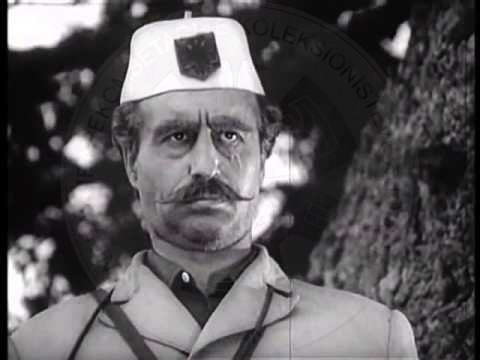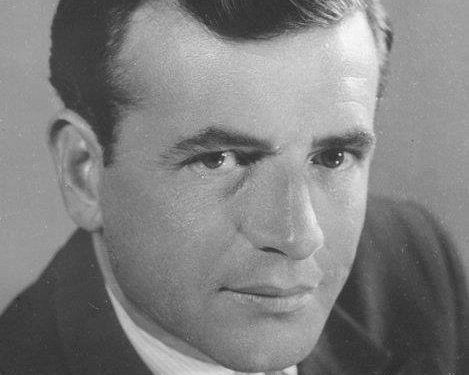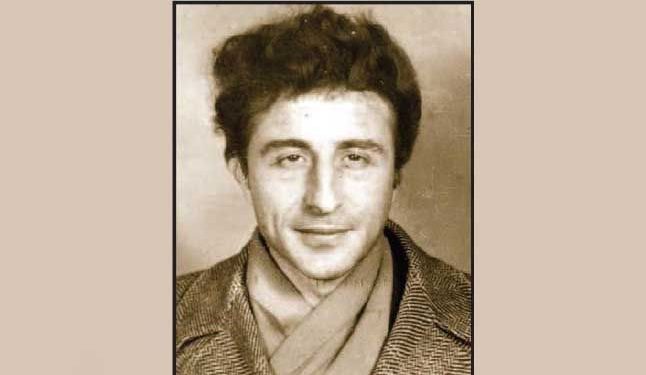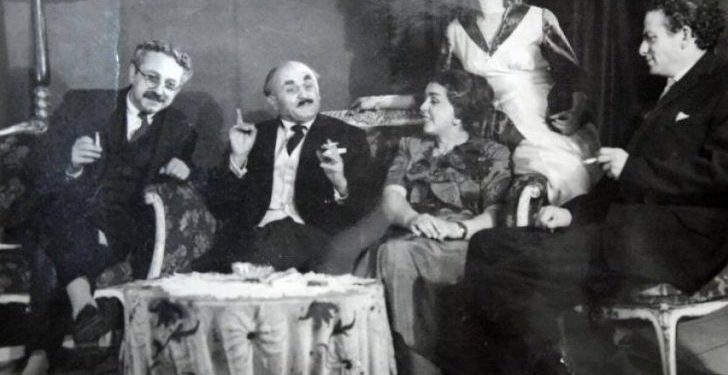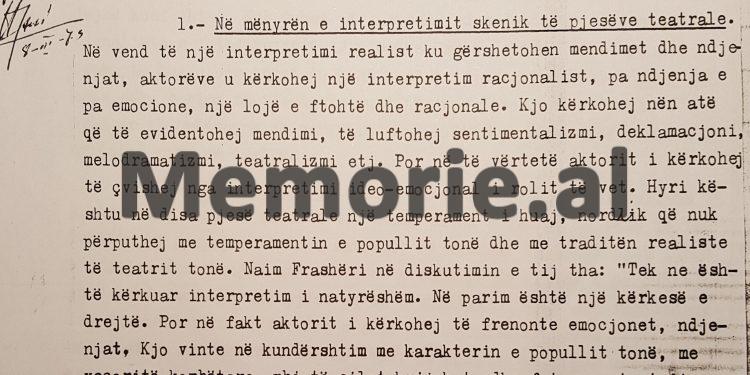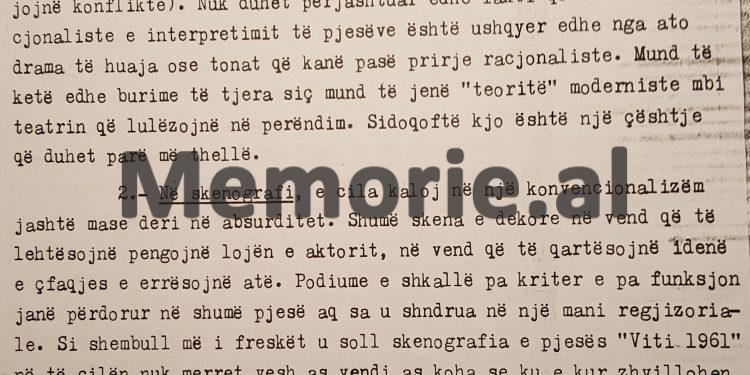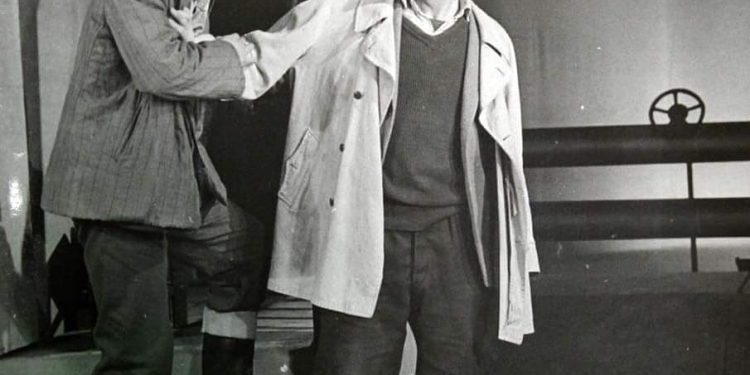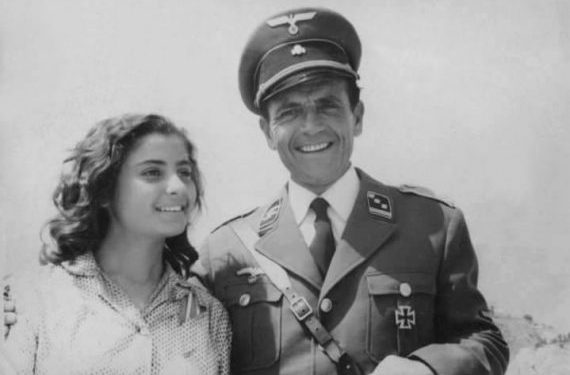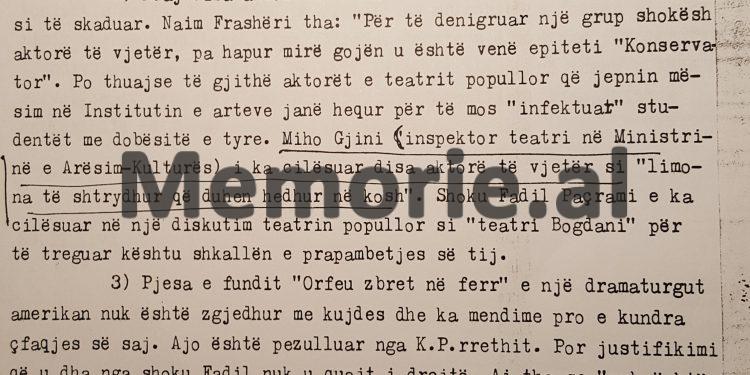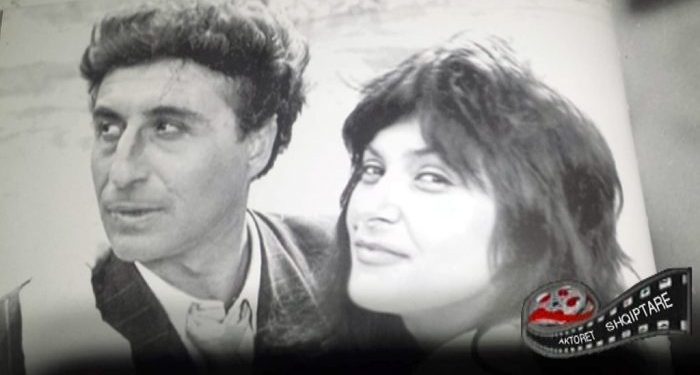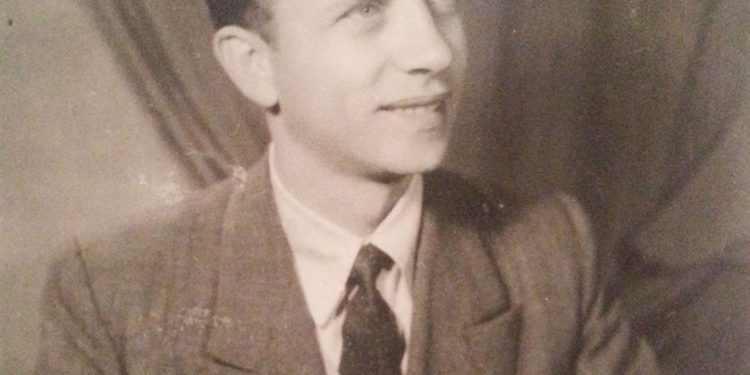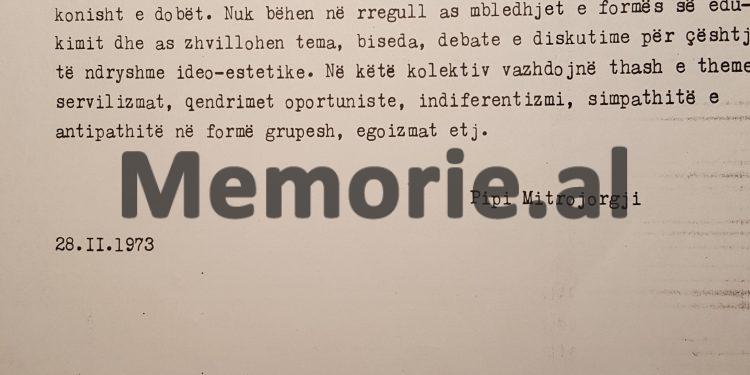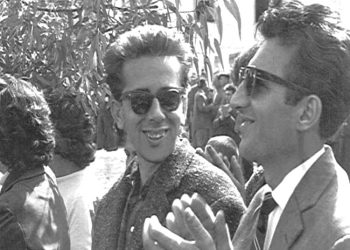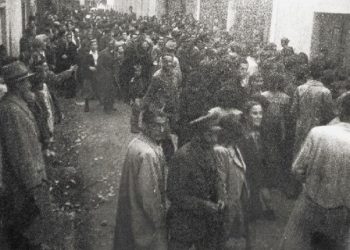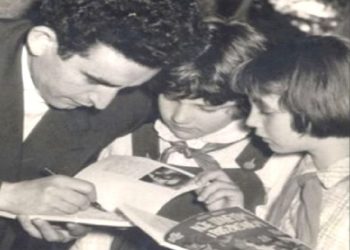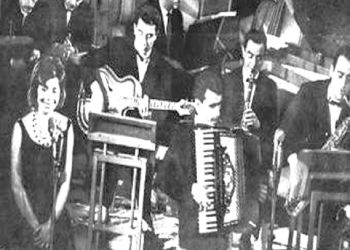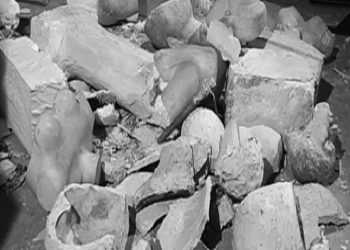Dashnor Kaloçi
Memorie.al publishes an unknown document extracted from the fund of the former Central Committee of the ALP, dated 28 February 1973, where the instructor of the Central Committee’s apparatus for propaganda, art, and culture, Pipi Mitrojorgj, with through an information report sent to Enver Hoxha, recognizes him regarding the problems he had at the People’s Theater, giving details and details of the problems that emerged in the two meetings held at that institution in January and February of that year, as by the grassroots organization. of the Theater party, as well as that of the professional committee. The full report with all the problems that emerged from those two meetings with discussions, criticisms, and accusations of actors and directors such as Piro Mani, Sulejman Pitarka, Naim Frashëri, Mimika Luca, Luan Qerimi, etc., up to Fadil Paçrami, secretary of the Tirana District Party Committee covering art and culture, as well as dramatic art critic Miho Gjini and scenographer Ali Oseku.
This archival document that we are publishing in this chapter of this book belongs to the months of January-February 1973 and speaks of two meetings of the basic party organization of the troupe of the People’s Theater and also of its collective, or as it was otherwise known years ago. ‘ 90s, as the “organization of Professional Associations”. These two meetings coincide with the end of the 11th National Song Festival on the Albanian Radio Television, (December 1972-January 1973), which only a few days after its end, would be hit by Enver Hoxha himself, in the speech that he held first in the apparatus of the Central Committee of the ALP and then (15-16 March 1973), in the meeting with the apparatus of the Presidium of the People’s Assembly. As can be seen from the document in question, in this meeting of the People’s Theater, which at that time and later would be one of the most important central cultural and artistic institutions in the whole country, the delegate was Pipi Mitrojorgji (at that time). instructor for Art and Culture in the apparatus of the Central Committee of the ALP), who has also prepared the report-information in question, highlighting the “problems” that have emerged from the discussions of the actors of the People’s Theater, well-known names, great masters of the stage and screen, both at that time and then, as; Pirro Mani, Naim Frashëri, Sulejman Pitarka, Luan Qerimi, Mimika Luca, etc. And as it appears from the relevant facsimile, this report of the instructor of the Central Committee, Mitrojorgji, was sent to be seen personally by Enver Hoxha, who has put his signature on the first page of the document. Also, it seems that after Enver Hoxha, the document in question was sent to him to see, some of the other members of the Politburo, such as Hysni Kapos and Haki Toska, who also have the firms there, or Petro Dodes, I which at the time covered the legal sector in the apparatus of the Central Committee of the ALP. What is noticeable in this information report is that all the characters that have been criticized there, although the first two without mentioning their names, such as the author of the play ” The Year 1961″ (title in the original version her house “Sh. No. 1961”), Shpëtim Gina, then only 22 years old, and her scenographer, Ali Oseku, would soon be the subject of attacks and beatings in other reports (we will see them later in documents and other chapters following this book), and would have a tragic fate. Shpëtim Gina would have lost his life in mysterious circumstances only seven months later, “drowning” in two palms of water (official variant) in a basin of the river Droj, near Mamurras where he had been sent to perform military service. Ali Oseku, who was accused of “modernism”, would end up in the political prisons of the communist regime for several years. The critic of dramatic art, Miho Gjini, would also end up in the prisons of the communist regime. Another thing that is noticed in this document, which we will encounter later in many other documents on the pages of this book, is the expression of Fadil Paçrami for the National Theater, where he states: “… .is done as Bogdani Theater ”, which would be one of the accusations that would be made against him from time to time in many meetings and reports, until he was arrested and sentenced to many years in the political prisons of the communist regime in power. As we will see in other documents in the following chapters of this book, these meetings that began in the second half of January 1973, (immediately after the 11th Song Festival on Albanian Radio-Television) marked the storm prologue. great that Enver Hoxha and the senior leadership of the ALP would raise, towards writers and artists in all cultural and artistic institutions, both in Tirana and throughout the country. Which would continue throughout that year and beyond, “giving results” with the condemnation of the so-called “Liberal Group in Art and Culture”, led by Todi Lubonja and Fadil Paçrami? Like most of the documents in this book, this one is published in full and without any abbreviations.
Pipi Mitrojorgji’s report on Enver Hoxha
IN THE PEOPLE’S THEATER
From the meeting of the basic organization of the party on 24.I.1973 and the collective on 24.II.1973 on the occasion of the speech of Comrade Enver, against the influences of ideology, culture, foreign art, the following issues arose:
Here, too, though to a lesser extent than in music and in any other field, foreign modernist influences have emerged. Here, too, there has been the idea that the “new” must be introduced, that “time must be moved.” Modernist influences have emerged in these areas:
In the way of stage interpretation in theatrical plays.
Instead of a realistic interpretation where thoughts and feelings are intertwined, actors are required to have a rationalist interpretation, without feeling and without emotion, a cold and rational game. This is required in order to identify the opinion, to fight sentimentalism, declamation, theatricalism, etc. But in reality, the actor was required to strip himself of the ideo-emotional interpretation of his role. Thus, in some theatrical plays, a foreign, Nordic temperament entered, which did not match the temperament of our people and the realistic tradition in our theater. Naim Frashëri, in his discussion, said: “We have been asked for a natural interpretation. In principle, it is a fair request. But in fact, the actor was asked to curb emotions, feelings. This contradicted the character of our people, with the national features, on which the face of the Albanian theater is created. We also need to treat foreign parts in the Albanian field, to distinguish our staging from that of other countries “.
Another actor, Luan Qerimi, said: “Fighting pomp, declarations, etc., we speak coldly without emotion. We have not been vigilant against modernist simplifications. These are called steps forward. ” Sulejman Pitarka said: “In the way of staging, there are a lot of foreign copies. All the actors are rigidly questioned by the spectator without moving at all, reciting the part or issuing jokes “.
This rationalist tendency was also justified by Brecht’s theories, which contradicted Stanislavsky’s theories. (For both of them there is still no critical analysis on theatrical theories, on what should be affirmed and denied by them. Pirro Mani, raised in his discussion the issue that “we should not be captives of the cult of Brecht or Stanislavski, but take from them what serves us ”.
(Apparently, in the People’s Theater but also in the Institute of Arts and in any other theater, there are partisans of one or the other theorizing or confusing and simplistic ideas for both that in creative directing and acting practice create conflicts).
It should not be excluded that the rationalist tendency of interpreting parts is also fueled by those foreign dramas or ours that have had rationalist tendencies. There may be other sources, such as modernist “theories” about theater flourishing in the west. However, this is an issue that needs to be addressed more deeply.
In scenography, which shifts to conventionalism excessively to the point of absurdity. Many scenes and decorations, instead of facilitating, hinder the actor’s play, instead of clarifying the idea of the play, obscure it. Non-criteria and non-functional scale podiums have been used in so many parts that it has become a directorial craze.
As a fresher example, the scenography of the part “The Year 1961” was brought, in which neither the place nor the time when and when the events take place, when they take place in Albania and when in the West are understood. Pirro Mani said that they thought that “scenography does not need to express the environment, it is created by man, therefore it could be anyway”. But there is a limit to conventionalism, and even more so to being a foreigner, as has been the case in some shows. But when decorations of this nature have been criticized, they have been defended, calling them “talented modern creations” and critics as ignorant.
Foreign influences have also been manifested in the use of various directorial stage effects outside any unity with the interior of the part, which has led to the darkening of characters, artistic figures (pistol lights, darkening of scenes), excessive music and in some cases concrete music, as an act of the part, “The Year 1961”, etc. All of these are called new, modernist things.
Sulejman Pitarka said: “We are stunned by these foreign shows because we were afraid they would call us outdated. While Mimika Luca said that those who expressed doubts, were called “uncultured”.
In addition to these, the following other problems arose:
The historical dramas, those on the National Liberation War, have practically been removed from the repertoire after they no longer appear, justifying themselves for various reasons.
To some older actors, there is no respect and they are called expired. Naim Frashëri said: “In order to denigrate a group of old actor friends, without opening their mouths well, they were given the epithet” Conservative “. Almost all the actors of the People’s Theater who taught at the Institute of Arts have been removed so as not to “infect” the students with their weaknesses. Miho Gjini (theater inspector at the Ministry of Education and Culture) has described some old actors as “squeezed lemons that should be thrown in the bin”. Comrade Fadil Paçrami has described it in a discussion of the People’s Theater as “Bogdani Theater”, to show, thus, the degree of his backwardness.
The last part, “Orpheus descends to hell”, by an American playwright, has not been carefully selected and there are pros and cons to her performance. She has been suspended by the District Party Committee. But the excuse given by Comrade Fadil was not called fair. He said: “It is not opportune to show up now.” It was rightly asked to organize a creative discussion in the collective and to decide whether or not there is ideological weakness, whether it is worthwhile or not.
Some of the friends of our apparatus who saw the show are of the opinion that she does not deserve to appear in public for her unacceptable philosophical ideas.
Regarding the foreign parts, all the actors were worried that their staging would be banned now. In 1968, they were removed by order, by list, without discussion or clarification. They have no conviction. It was once again clarified that the Party is changing its position and orientations in this regard.
When it comes to the successes of drama and theater, it is often said that only after the ’60s are there real successes and the work developed before 1960 is obscured. The’ 60s are not seen as a high stage that has its basis. the past itself.
The relations of the People’s Theater with the Ministry of Education and Culture are not good. They complained greatly about the lack of help and consideration. They said they don’t even come to see the shows, let alone solve creative problems.
Political and ideological-aesthetic work is extremely weak. Neither education meetings nor topics, conversations, debates, and discussions on various ideo-aesthetic issues take place. In this collective, servility, opportunistic attitudes, indifference, sympathies, antipathies in the form of groups, selfishness, etc. continue to be said and said in this collective.
Pipi Mitrojorgji
28. II. 1973
Memorie.al




